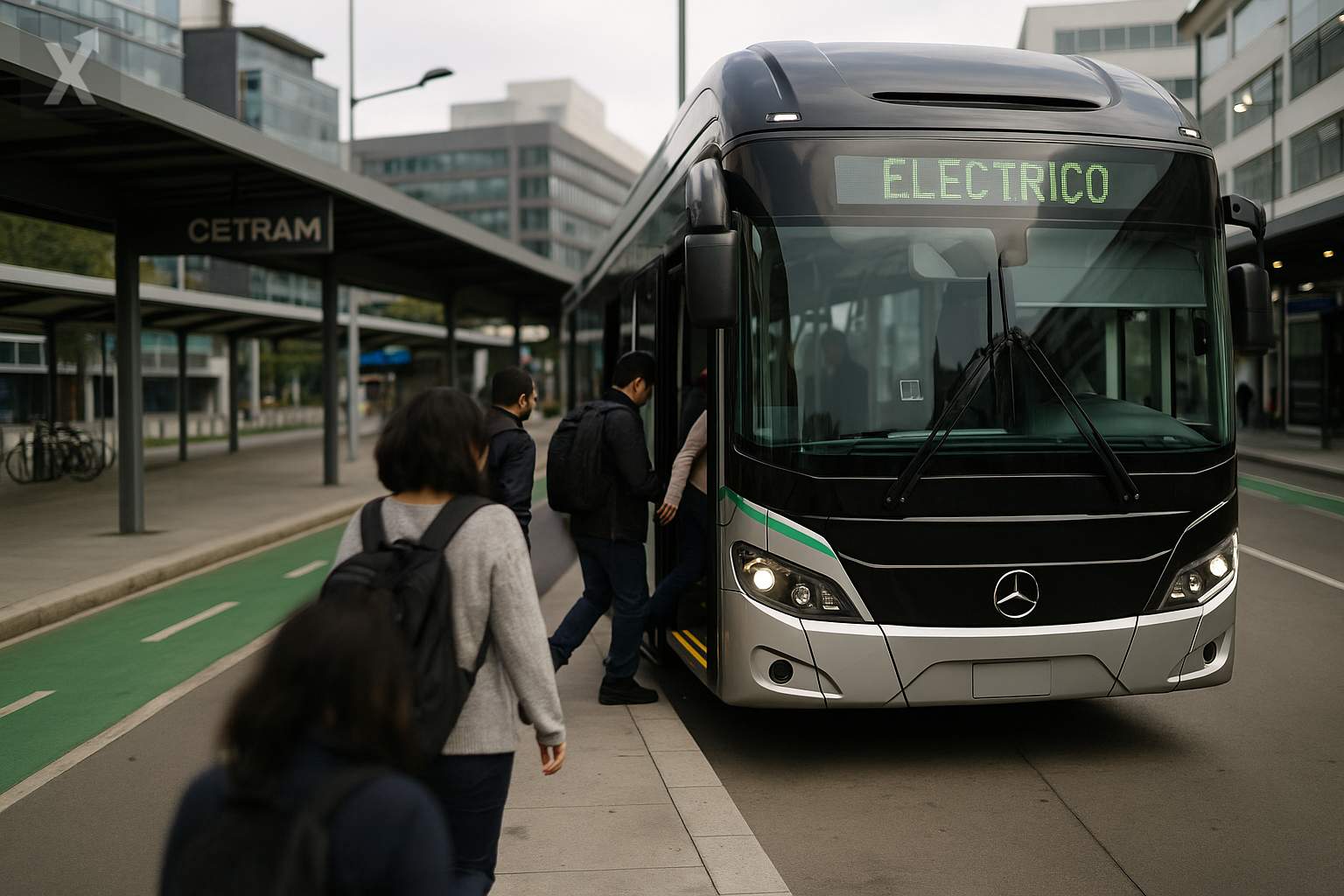Mexico City and BBVA Structure 4 Billion Peso Infrastructure Fund Ahead of 2026 World Cup

BBVA Mexico will be in charge of administering a trust worth 4 billion pesos, resources that the Mexico City government will channel into substantial improvements in infrastructure and mobility in preparation for the 2026 FIFA World Cup. This financial scheme will allow for investments without creating direct public debt for the nation’s capital, a relevant strategy in today’s context of fiscal responsibility and prudent local financial management.
The agreement will unfold in two phases: the first, for 2.5 billion pesos, will be executed on July 3, 2025, while the second is scheduled for January 2026. The financing has a five-year term and aims to accelerate the city’s modernization in anticipation of the sporting event, which will bring logistical challenges as well as economic opportunities.
The funds will be used to acquire 17 light rail vehicles (for the Tasqueña-Xochimilco line), 17 trolleybuses for the Universidad–Estadio Azteca circuit, and 11 electric buses for the Centrobús on key routes. Additionally, money will be invested in remodeling Transfer Centers (CETRAM) at strategic points, underpasses in Tlalpan, bike lanes and bike parking facilities, as well as in sustainable mobility and accessibility projects.
Another significant portion of the funds will go toward urban interventions in the vicinity of Estadio Azteca. This includes better lighting, reorganization of commercial areas, recovering pedestrian spaces, and transforming neighboring communities. Other flagship projects include modernizing roadways, lighting historic buildings, and preparing the Zócalo to serve as the Fan Fest 2026 site. Sports and recreational facilities will also receive investments to promote community engagement and local sports.
This type of public-private investment reflects a growing trend in Mexico, aimed at financing major urban projects without increasing long-term debt for local governments. Observers and analysts believe that hosting the World Cup could spur economic activity and boost sectors such as tourism, services, and transportation—but it also demands efficient planning to prevent overcrowding and service shortfalls.
Looking ahead, the success of the trust fund will depend on the timely completion of projects and the transparency in managing the funds. The experience gained could serve as a model for other Mexican cities interested in modernizing their infrastructure through innovative financing schemes.
In summary, the trust structured by BBVA Mexico and the Mexico City government strengthens the capital’s commitment to modernization and positions it as a standout host for the 2026 World Cup. If goals are met and funds are efficiently managed, these projects could have a positive impact on both residents and visitors.





